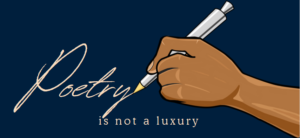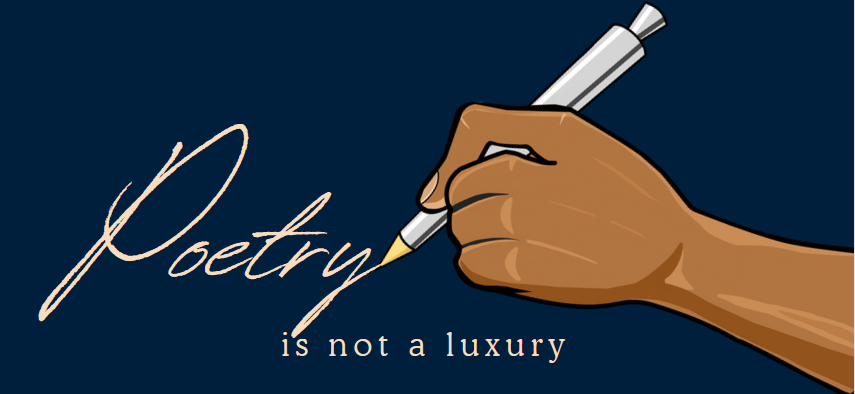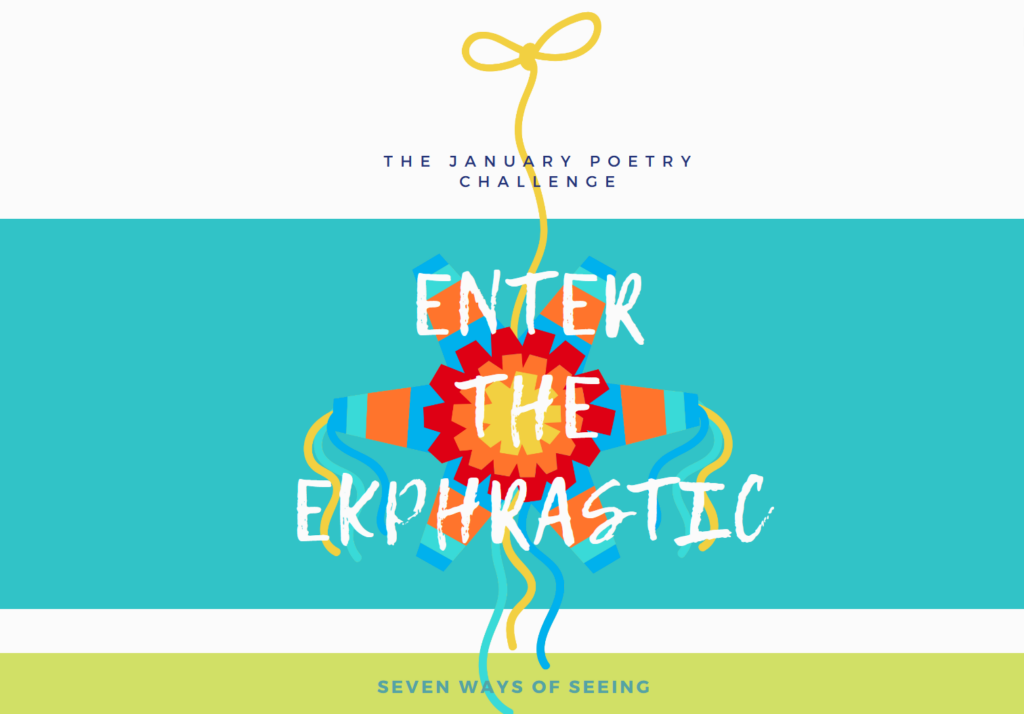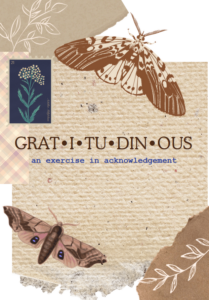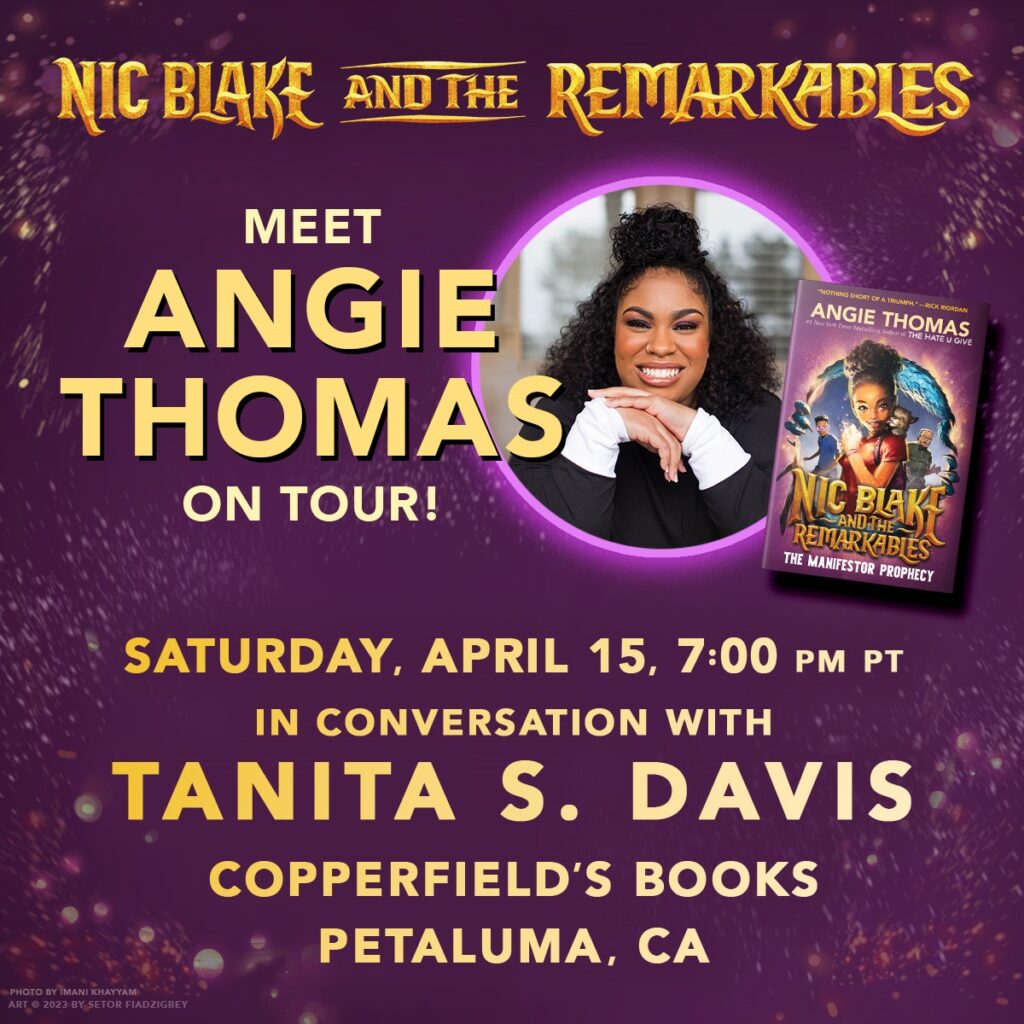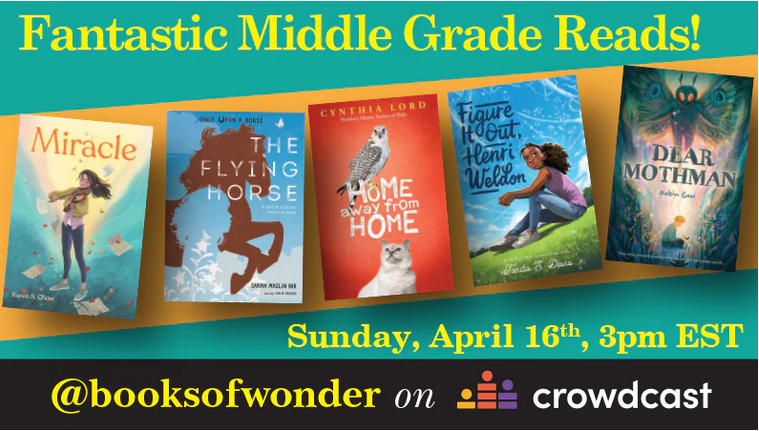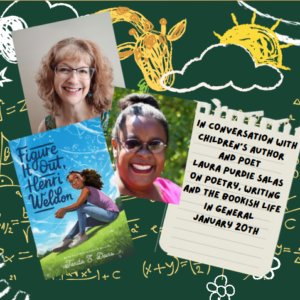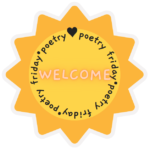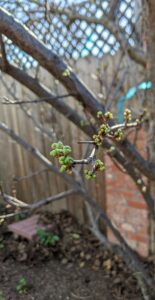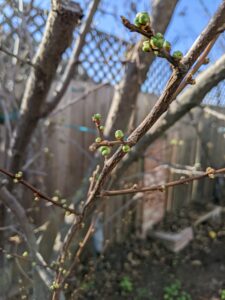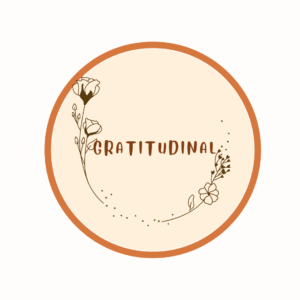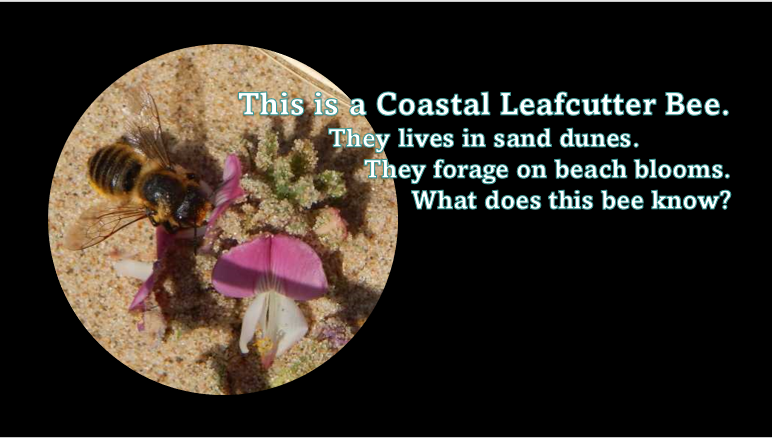Welcome to another Poetry Friday Poetry Peeps Adventure!
Poetry Peeps! You’re invited to our challenge for the month of July! Here’s the scoop: We’re writing …Haiku/Senryu classifieds. Reprising our 2015 want ads project, we’re combining our love of Missing Connections, Desperately Seeking______, For Sale, and other random Penny Savers, Craigslist, and back-page-of-the-newspaper weirdness into deliciously brief poetry bites. Are you game? Good! You have a month to craft your classified creation and share it on July 28th in a post and/or on social media with the tag #PoetryPals.
Friends, this is not a real poem.
As long as we’re clear on that, okay?
In the past, I was the person Most Likely To Rant about our poetry challenges, and heaven knows I’ve tried to tone that down a bit so Certain People stop giggling (looking at YOU Sara Lewis Holmes), but BOY did this one bring on the urge to scream. UGH.
From Process…
I mean, technically it’s a poem – it’s …Poetry Friday and I posted it. But, that’s about all that went the way I wanted it to. Very rarely am I really, really, REALLY unable to put together words into something that at least resembles a poem… but whenever the Poetry Sisters say “no rules,” I hit a wall. This business of using the same title, but doing our own thing with no rules on form or content I KNEW was going to be a pain in the neck — so I started writing about what I wanted to write immediately. This…should have worked.
In a way, it did work – I wrote a long poem in blank verse. However, I couldn’t tell when I was …done. After a while, I realized it was simply shaped prose instead of a poem. I scrapped it.
I wrote a ghazel. Then two ghazels. All of them were terrible, but they had absolutely robust vocabulary, and best of all, they rhymed, which… tells some part of my brain that I’m Doing It Right.
…except that Ghazels don’t rhyme (except internally), so… I scrapped those, too. Plus, did I mention they were terrible? I kept getting overly invested in the turns of phrase, and forgetting that the theme was wabi sabi. Paying attention. Transience. Imperfection. Change. I was like a kid who had the assignment – to write a paper about the Second World War and got stuck in a discussion on military haberdashery in 1944. It’s adjacent to the topic, but not there at all.
After more reflection, I figured out that the real issue is that I don’t like wabi sabi as a… concept. I mean, it’s fine, but hello, it’s the melancholy awareness of the transience of living things. It’s a reminder that all things metamorphose, adapt, and die; a reminder that nothing is permanent or will stay the same or will last. Oh, goody, all of the things that the human brain is hardwired to ignore.
Was this just an emotional wall I hit, a tantrum because I didn’t like the topic? No…? I mean, I wanted to write about having a big anniversary the year my brother is getting married – year one and year thirty, a month apart. That’s not a bad topic – but it’s personal. Maybe the struggle came with adding the personal to the transient – on a week when my Dad’s been hospitalized yet again. My literal baby, as in, “woke up with you, carried you, changed your diapers” baby brother is getting married. I know this is a tectonic change – that’s quite clearly being rubbed in my face. Maybe it’s just right now too much to put on one poem.
That happens sometimes.
…To Poetry
After this sprawling mess of realizations, one thing I also examined was why the first poems had disgusted me so much. I don’t usually …fling poems from me quite so energetically. Most of the time I make things work – and our Poetry Friday exercises have, for the last how many years (since 2007!?), been strictly about the PRACTICE of poetry, and not the PERFECTING thereof. But the poems struck me as slick, glib – and wordy. I can do that – I can produce words that sound good, at least – as tuneful as a drawer full of cutlery, if nothing else. But like that bright clatter, they’re basically meaningless. There’s a difference between wordplay and poetry, and too often, I err on the side of wordplay. Normally that’s fine – you can use wordplay to elevate your poem, but it’s a mistake to rely on it, and think it’s the same…
Anyway, I knew I wasn’t really digging in and putting in the work to get to any Actual Feelings (TM) or Insights about the things my poem allegedly was about. So. I stopped writing. Honestly, it felt like my house was sitting on the surface of the sun, and it was too flippin’ hot to think straight anyway.
**** Fortunately, OTHER PEOPLE DID NOT POUT AND KEPT AT IT! **** Laura’s poem is here. Liz’s poem is here. Sara’s poem is here, and Mary Lee’s poem is here. Here’s Tricia’s poem, and she’s got the full Poetry Friday roundup today. Michelle K’s poem is here. Linda B’s broom wabi sabi is here. More of the wabi sabi-ing may be wafting in throughout the weekend, and I’ll post their odes to transience and imperfection as I find them – stay tuned for the roundup!
Okay, here it is, Thursday evening, and I’m left with what I’m left with – finally a lovely, temperate day and… a word salad.
Flawed. Unfinished. Abandoned. As Richard Powell put it, “Nothing lasts, nothing is finished, and nothing is perfect.”
Wabi sabi on the nose.
WABI SABI: A Word Salad
A squalid stuff, word salad –
A wabi sabi wasteland.
A welter of syllabic stress
songs sounding dissonance.
Imperfect and unfinished
its point lies in acceptance:
Release of our own relevance
as center of the mass.
in still seeking distinction
And means of contribution,
we try for conversation,
to compel connection
Clever clatter cannot cure
what yawns, hungry, for a Word
That lasts through transiency’s attempts
to be the last thing heard.
If you can’t find the right words to write something this weekend – don’t despair. Remember that the genius is within you. The words are there – give yourself the time to think them. In the meantime, lying down with an ice pop certainly won’t hurt …
